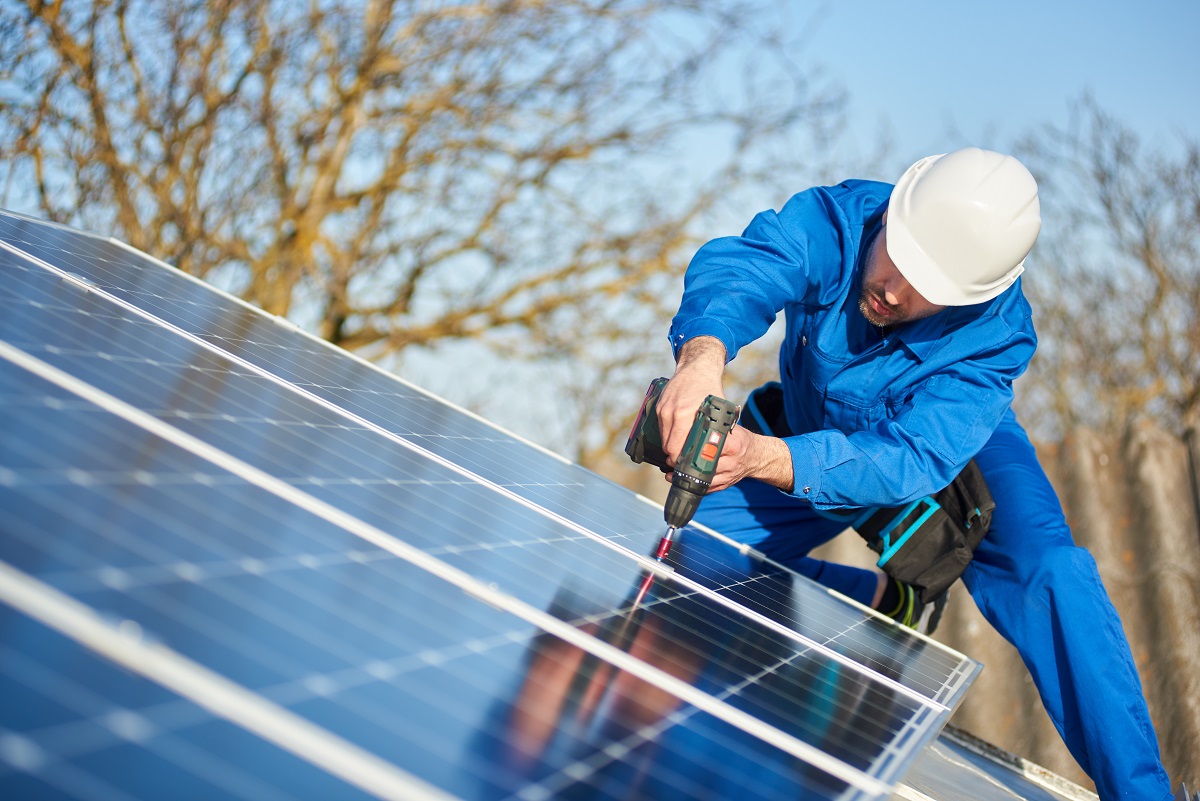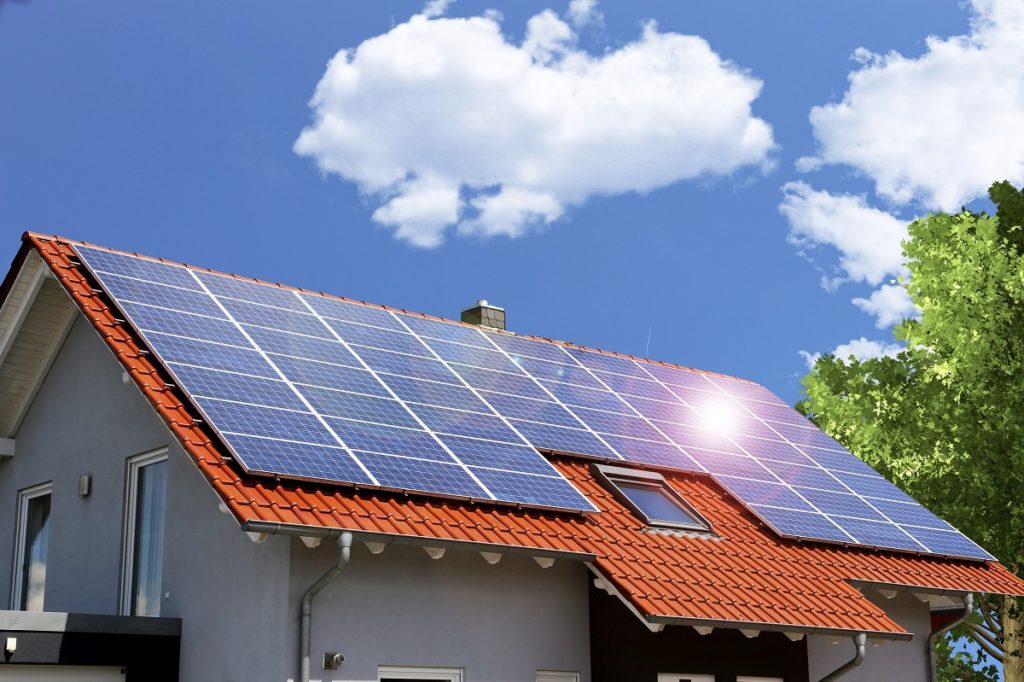Colorado is up for another round of increases in its electricity costs. Since 2001, residents have experienced a 60 percent spike in their electricity bills — and it seems more are soon to come. Residential solar power systems are becoming more popular, and they work particularly well with elevation.
Power Play
Once again, Colorado power companies are demanding higher rates for power production. In 2019, the state already approved a 6.5 percent increase in electricity rates — however, companies are demanding more increases in line with the state’s policies pushing for renewable energy. Several coal-fired power plants are scheduled to close by 2030, and the Air Quality Control Commission further mandated that the closure should be done by 2028.
A switch to renewable energy requires massive funding as power companies will need to acquire new technology, as well as large tracts of land for solar and wind farms. Power companies will require higher rates to recoup their investments — which will be mostly shouldered by residents.

Switching to Solar
Residential solar power systems are growing increasingly popular in Colorado — especially in Colorado Springs. The city has one of the highest rates of new solar installations in the nation — and for good reason. With 300 days of sunshine, solar panels are constantly producing electricity. Its elevation also exposes Colorado to higher concentrations of sunlight — increasing the efficiency of solar power systems. Because of the intense sunlight, homeowners don’t have to worry about the angle of their house’s roof with regard to the movement of the sun. They can rely on an 8-kW system to power a 3-bedroom house instead of the usual 12-kW that’s needed for the same house at lower elevations.
Solar prices have also been dropping over the past years. An 8-kW system only costs around $8,000-$12,000 — however, it should be enough to cut your electrical bills to zero. You can go for a 10-year financial plan and just allocate the savings to your electricity bill into its monthly premiums. Most solar companies will have 25-year guarantees on their systems (which include repairs) and most systems can last up to 40 years.
Maximizing Your Energy Production and Use
Residential solar power systems are best used with an energy-efficient home. Lower electrical consumption will allow your house to use a lower kilowatt system, cutting your initial spending significantly. Make sure your home has adequate insulation and have your air conditioning system serviced at least once or twice a year. Newer appliances will usually mean better efficiency — so try to change to the newer models (preferably the ones using inverter technology) after 5-10 years.
Of course, if you produce more than you consume — power companies won’t be sending you a check. It’s better to consume that extra power, and one of the best ways to do so is with an electric vehicle. You’ll be saving on gas and charging your car won’t consume enough power to affect your electricity bill.
With sunny days and over 6,000 feet of elevation, Colorado is one of the best states for residential solar power. It is practically free and residents can enjoy more than 25 years of free electricity.

